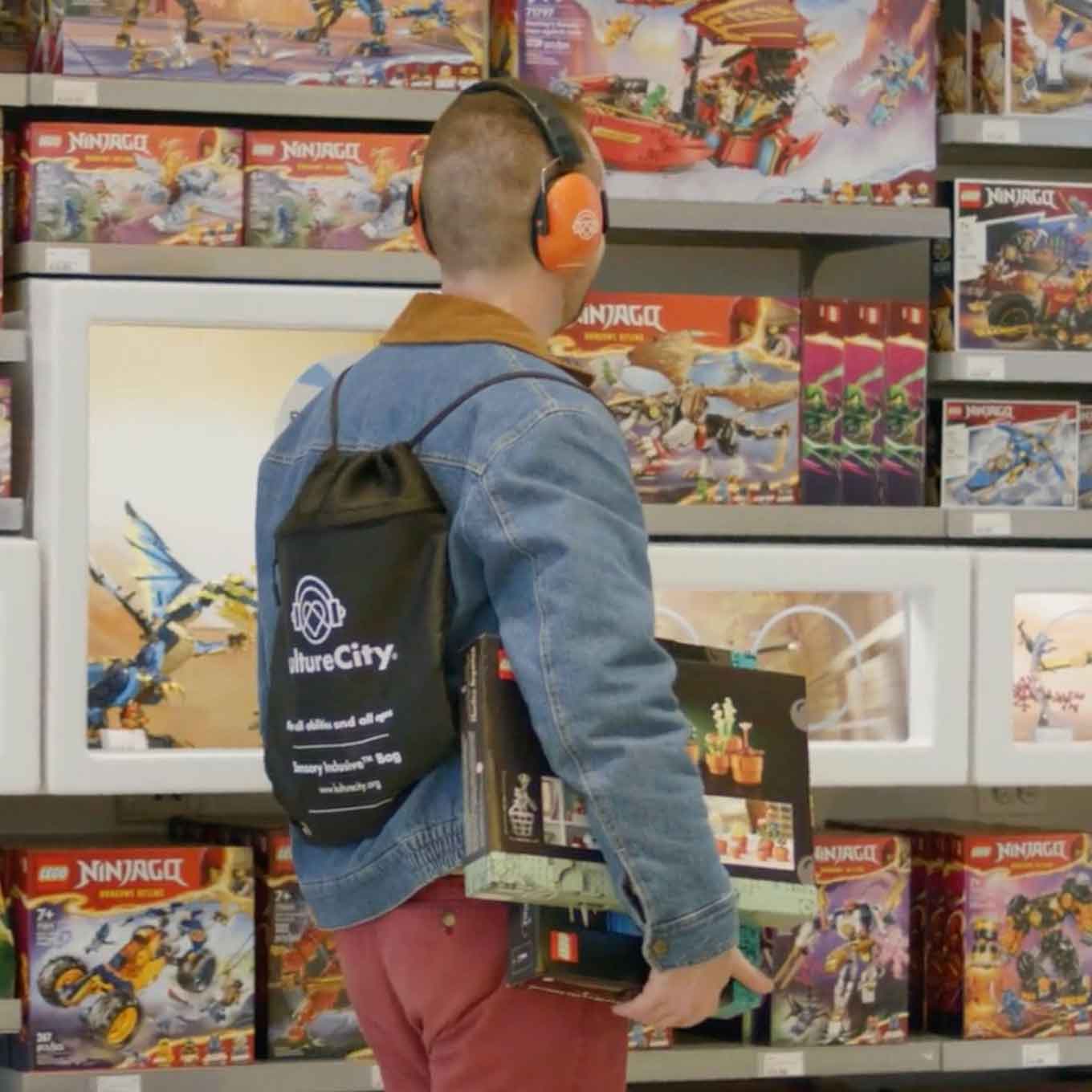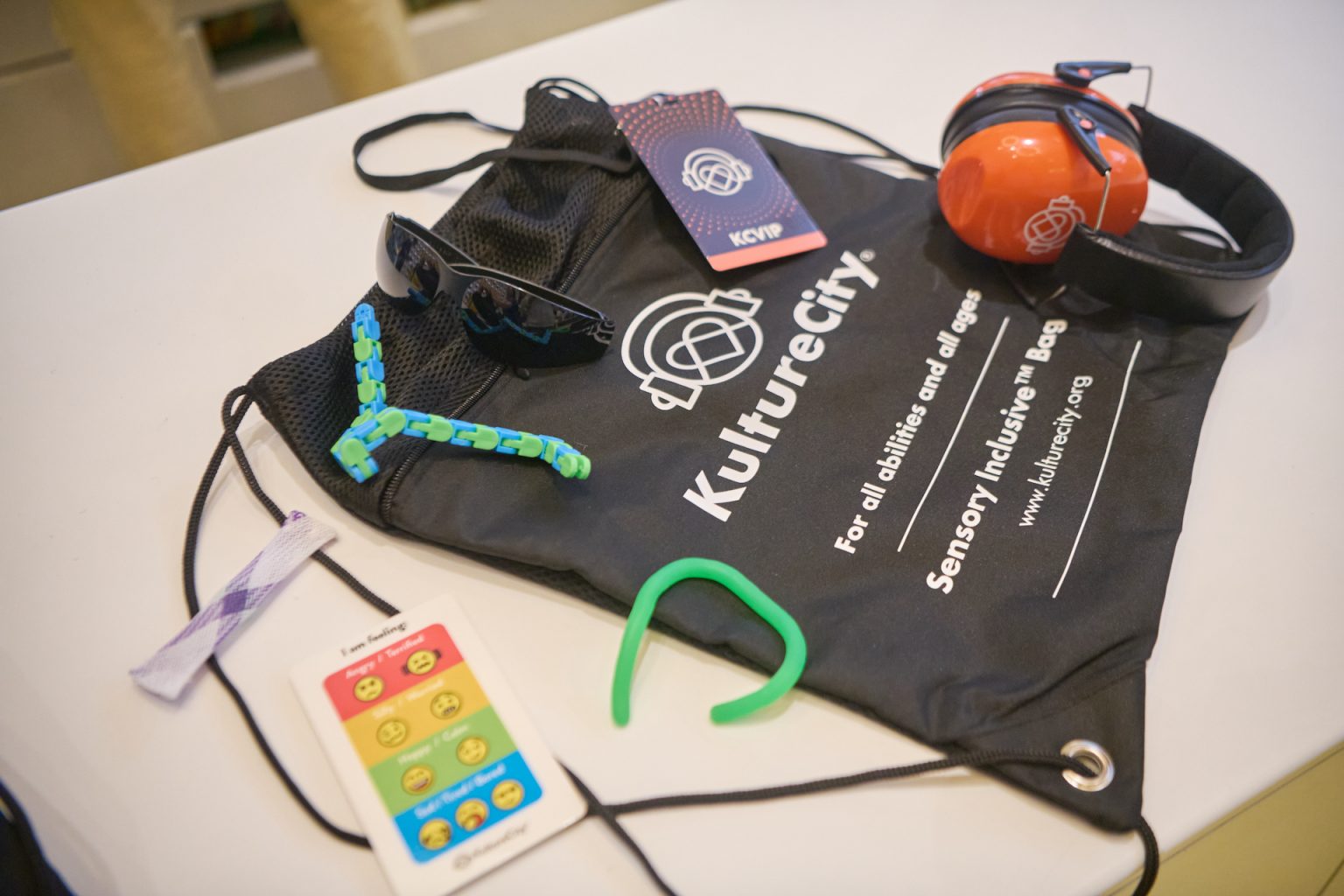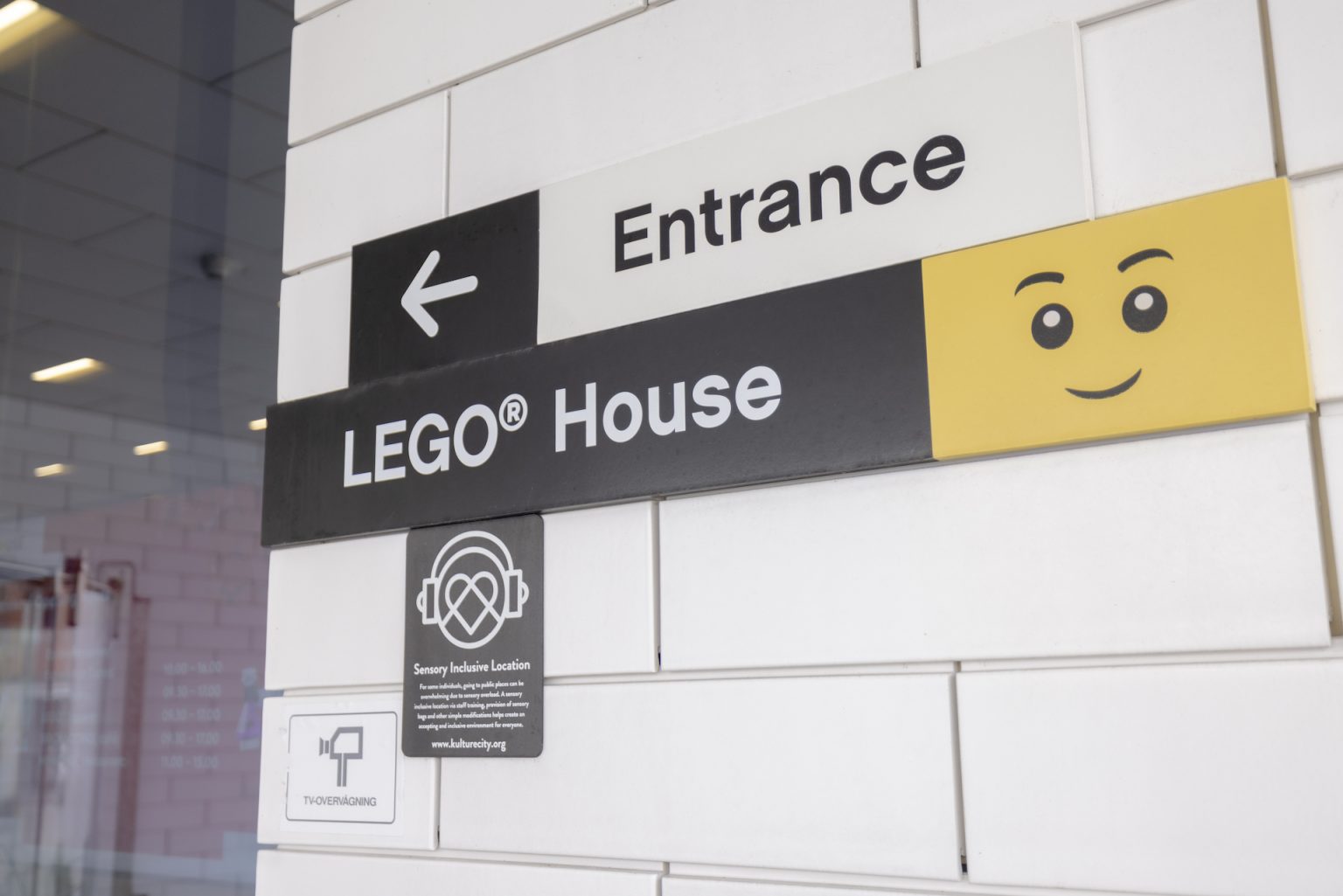The LEGO Group and LEGO Foundation have announced a series of initiatives set to debut at LEGO Stores, the LEGO House in commemoration of the onset of World Autism Acceptance Month.
On April 2, the world observes World Autism Awareness Day, a day officially recognised and endorsed by the United Nations. Over time, this observance has expanded from a single day to encompass a week and eventually an entire month in numerous countries and institutions.
The overarching objective is to urge UN member states to promote understanding and recognition of autism. However, certain autism advocacy groups have pushed for the designation “autism acceptance day” to address prejudice against autistic individuals directly, rather than solely focusing on raising awareness.

The LEGO Group has embraced this terminology as it unveils a series of enduring initiatives aimed at ‘supporting and celebrating neurodivergent children and adults.’ These initiatives will include sensory inclusion measures implemented at LEGO Stores and the LEGO House, alterations to the LEGO Life magazine, and grants provided to LEGO Foundation partners to create programs that aid neurodivergent children and their families.
“The mission to inspire and cultivate the builders of tomorrow unites all LEGO entities, along with a firm belief that the advantages of play are equally indispensable to every child,” stated Colette Burke, Chief Commercial Officer of the LEGO Group. “This fuels our efforts to explore ways to make the LEGO experience more inclusive and inviting for all. We acknowledge that the LEGO System in Play brings joy to neurodivergent enthusiasts of all ages, and we are committed to supporting, inspiring, and commemorating their creativity.”
“We aspire for the modifications in our stores, publications, and family destinations to foster a positive impact and embrace the diverse needs and strengths of our fans worldwide. Recognising that there is always room for improvement, we are dedicated to collaborating with fans and experts to introduce initiatives that can contribute to creating a more inclusive world.”

Throughout this month, all LEGO Stores across North America will attain certification as ‘Sensory Inclusive’ by KultureCity, a non-profit organization dedicated to advancing accessibility in public spaces for individuals with non-visible disabilities and specific sensory requirements. This certification is exclusively granted to venues that offer a fully inclusive experience, achieved through the efforts of supportive tools and comprehensive staff training.
The certificate assures guests that staff are trained to accommodate neurodivergent visitors, ensuring a welcoming environment. Additionally, it guarantees the availability of sensory bags, which include items such as visual cue cards, noise-reducing headphones, fidget tools, and more, at no extra cost to those in need. Already holding this certification, the LEGO House sets an example, and the LEGO Group intends to extend this initiative to LEGO Stores in countries outside North America later this year.

“I feel nervous when I’m in a crowded or noisy place,” shared 11-year-old Isabella. “The noise-reducing headphones are really helpful because they cancel out most loud noises. It reduces my stress a bit. If someone is really close to me and I feel anxious, I’ll just take out a fidget toy and play with it to calm myself down.”
“I appreciate having noise-reducing headphones and fidgets in the LEGO Store because it makes me feel even more welcome,” she added.
In conclusion, the LEGO Foundation has disclosed the five organisations it is collaborating with through its Play For All Accelerator Programme, aimed at promoting inclusive learning through play. The initiative will involve awarding grants of up to £2.09 million to the following partners: Social Cipher, a story-focused video game platform; Kokoro Kids, an early-learning platform designed to aid in the development of cognitive and emotional skills in children; Mom’s Belief, a caregiver for neurodivergent children; onebillion, which offers adaptive literacy and numeracy software for marginalized children; and Little Journey, an app designed to alleviate anxiety surrounding healthcare situations.


